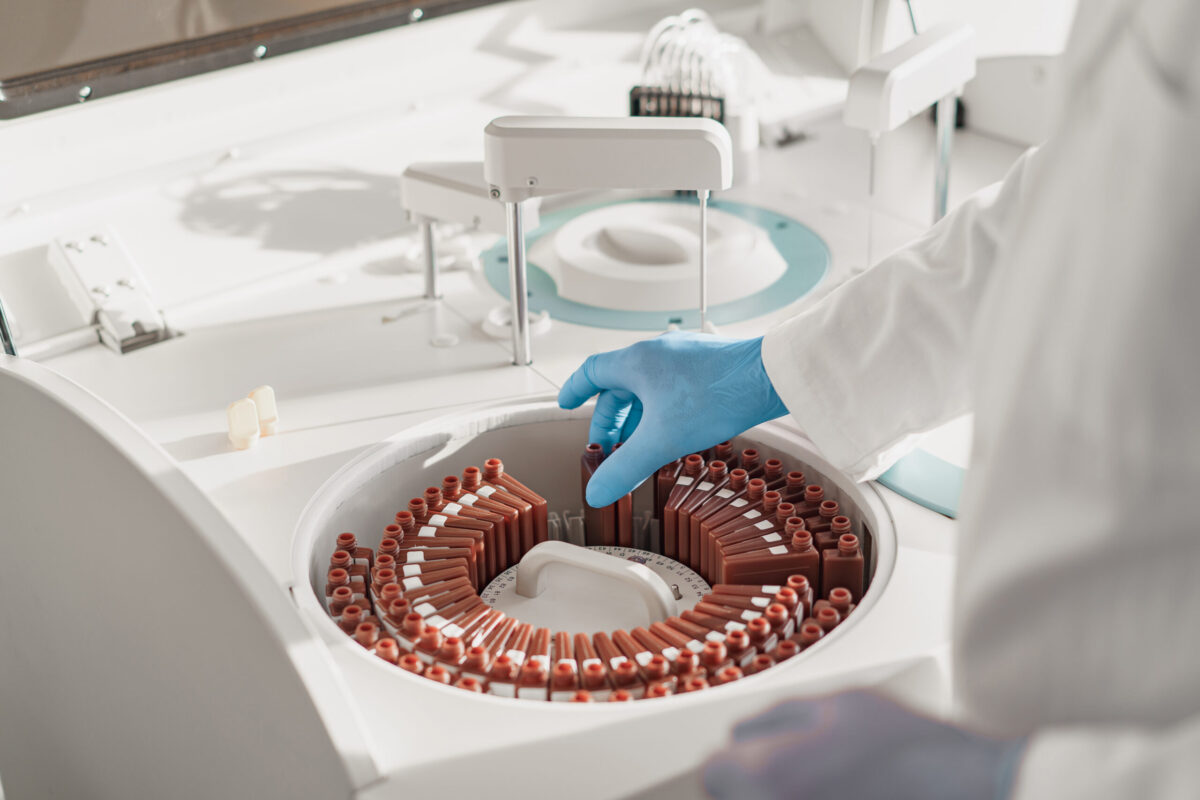The US Food and Drug Administration (FDA) granted accelerated approval to Genentech’s Lunsumio (mosunetuzumab) for adult patients with relapsed or refractory (R/R) follicular lymphoma (FL) who have undergone two or more lines of systemic therapy.
The FDA approval was given near the end of 2022 and soon after the drug was available for patients with R/R FL across the US.
Follicular lymphoma is a common indolent (slow-growing) subtype of non-Hodgkin’s lymphoma (NHL) and about 20 percent of patients with NHL have this subtype. Every year, over 100,000 people are diagnosed with FL worldwide and around 13,000 of these new cases occur in the US.
Lunsumio is a CD20xCD3 T-cell engaging bispecific antibody that works by targeting the protein CD20 on the surface of B cells and CD3 on the surface of T cells.
Genentech’s ongoing clinical development program for Lunsumio is evaluating the drug as a monotherapy and in combination with other medicines for the treatment of B-cell NHLs, including FL and diffuse large B-cell lymphoma (DLBCL).
To gain insights from Genentech’s experts about this great achievement, Xtalks interviewed Dr. Ginna Laport, VP, Global Head of Lymphoma/CLL Development Franchise at Genentech, in an email Q&A. Read Dr. Laport’s responses below to learn more!
How does Lunsumio address an unmet medical need in the treatment of people with relapsed or refractory follicular lymphoma?
Dr. Laport: As a clinician, I spent nearly 20 years treating patients with follicular lymphoma (FL), a common form of non-Hodgkin’s lymphoma (NHL) that is considered incurable. I know firsthand how challenging FL is to treat and the impact it has on patients — especially since the disease is characterized by periods of remission and relapse. FL can become harder to treat each time a patient relapses, and early progression is associated with a poor long-term prognosis. New treatment options are critically needed for FL.
What is unique about Lunsumio?
Dr. Laport: Lunsumio (mosunetuzumab-axgb) is the first CD20xCD3 T-cell engaging bispecific antibody approved by the FDA. It represents an important scientific advance in the treatment of NHL that has the potential to change the treatment landscape. As a chemo-free, fixed-duration medicine, Lunsumio allows people with relapsed or refractory FL to have time off therapy instead of staying on treatment until their cancer progresses.
Other treatments for FL such as cell therapies require the collection or genetic modification of cells and can take a month or longer to manufacture, leading to delays in treatment — and they must be administered at an academic medical center. Lunsumio is an off-the-shelf therapy and can be administered in an outpatient setting, so people living with relapsed or refractory FL can start treatment right away and potentially close to home.
Why is the approval of Lunsumio a significant milestone for Genentech and Roche?
Dr. Laport: Building on a legacy of more than 20 years of innovation in blood cancer, I am proud that Lunsumio was developed and discovered by our own Genentech scientists. Our company is advancing the broadest and most advanced T-cell engaging bispecific program in the industry. Our CD20xCD3 bispecific antibodies are uniquely engineered medicines tailored to the diverse needs of patients, physicians and practice settings, and they have the potential to broadly redefine standards of care and transform outcomes across lymphoma.
When did Lunsumio launch in the US?
Dr. Laport: Lunsumio received accelerated approval from the FDA on December 22, 2022, and shortly thereafter, the medicine was made broadly available in the US. We are pleased that patients with relapsed or refractory FL have already started treatment with Lunsumio across the US.












Join or login to leave a comment
JOIN LOGIN